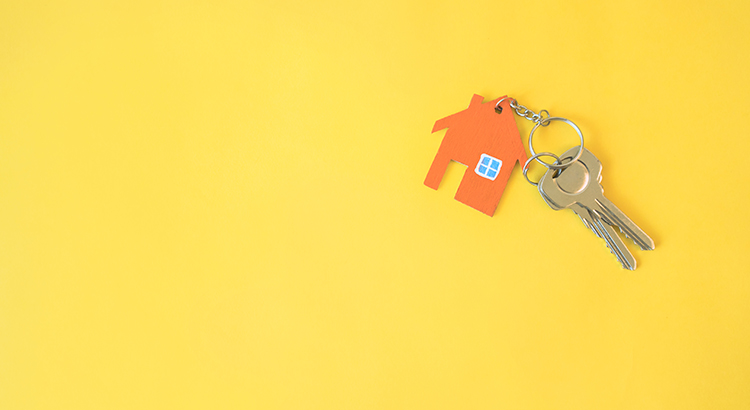
How To Make Your Dream of Homeownership a Reality. According to a recent Harris Poll survey, 8 in 10 Americans say buying a home is a priority, and 28 million Americans plan to buy within the next 12 months. Homeownership provides many financial and nonfinancial benefits, so interest is understandable.
However, all 28 million Americans will unlikely accomplish that goal in the coming year. Experts project around five million homes will be sold in 2023. Why is there such a big difference? It’s partly because there can be challenges to buying a home.
In the same survey, when asked, “Which of the following are preventing you from pursuing homeownership at this time?”:
- 34% answered, “I don’t have enough saved for a down payment.”
- 30% answered, “My credit score.”
If you aim to buy a home, here’s what you need to know to accomplish that goal.
Save for Your Down Payment
Your down payment is a big chunk of what you pay upfront for your home. For most home purchases, buyers put down some cash up front (a down payment) and then take out a loan (a mortgage) to pay for the rest.
It’s a longstanding myth that you must pay 20% of the purchase price for your down payment. In reality, 20% down isn’t always required. In fact, according to the National Association of Realtors (NAR), today’s median down payment is 14% for the average buyer and just 6% for a first-time buyer.
Regardless of how much money you can save for your down payment, know there’s help available. A local lender can show you options to help you get closer to your down payment goal. Plus, there are even loan types, like FHA loans, with down payments as low as 3.5% for some buyers, and options like VA loans and USDA loans with no down payment requirements for qualified applicants.
Beyond assistance programs and different loan types, here are a few other tips to help you as you save for your down payment:
- Remember to factor in closing costs. In addition to your down payment, closing costs are usually 2-6% of the home’s purchase price.
- Maintain your savings. Your down payment shouldn’t deplete all your savings. It’s important to still have some money aside for homeownership expenses after moving in.
- Explore your options and lean on your trusted advisor for expert guidance. Do your research, ask questions, and look into the resources available for buyers like you.
New York City Downpayment
The down payment can range from as little as 3% to 75% for primary residence properties. Generally, 20% of the purchase price in New York City is a traditional target for a down payment. Most New York City co-ops require buyers to put down 20-25% of the purchase price. This is about the same percentage as what most lenders require these days.
New York City Closing Costs
In NYC, closing costs vary depending on the dollar amount and product type. Closing costs in New York City range from 1.5% to 6% for buyers and 8% to 10% for sellers and are paid at closing.
Closing costs guides are designed to provide the general costs associated with selling or purchasing a cooperative, condominium, or house. Please note that these are estimates only and that potential sellers and purchasers MUST consult their real estate attorney for specifics. Please also note that we do not represent that the information herein represents all possible costs. These instructions outline the general costs and can only be used as a guide. Abrams Garfinkel Margolis Bergson, LLP has an excellent buyer/seller Closing Cost Guide for residential products; click on the link.
Improve Your Credit Score
Your credit score is a number that indicates how financially reliable you are to lenders. A higher credit score usually means you’ll be able to borrow more money at a better interest rate. If your credit score is preventing you from getting an affordable mortgage, there are steps you can take to improve it. Here are two:
- Pay your bills on time. When you pay your bills on time, your credit score improves. When you’re late, it takes a hit. One way to make paying your bills on time easier? Set up automatic payments when and where you can.
- Mix it up. There are several different types of credit, from auto loans to credit cards to mortgages. And having a mix of them improves your credit score.
Bottom Line
If you want to purchase a home this year, let’s connect so we can start preparing.
Other educational articles about the market and your home search are under Karen’s Blog.

